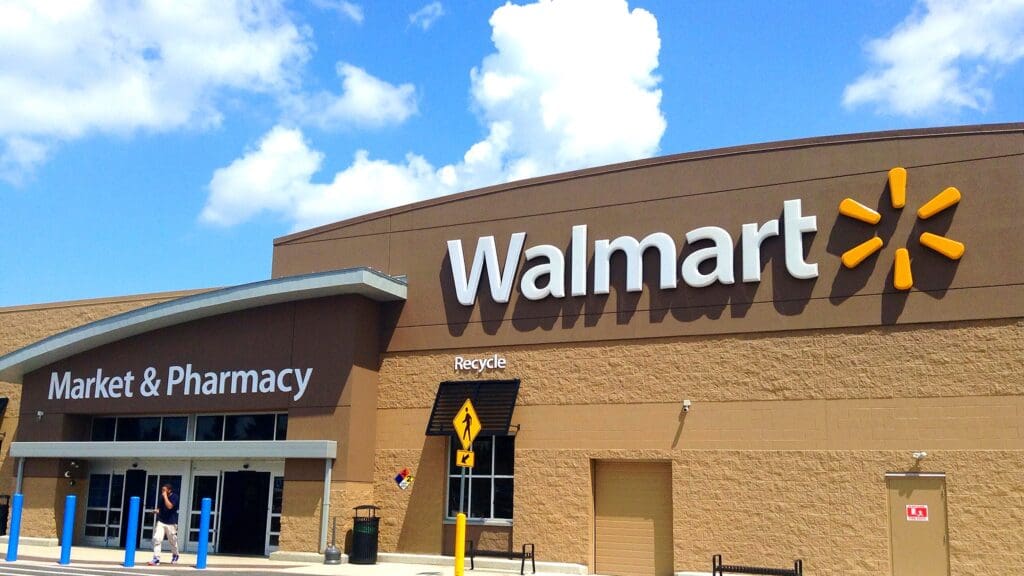When Apple Pay was announced last year, some retailers saw the power and immediately jumped aboard. Others were skeptical. Some saw Apple Pay as encroachment and formed an alliance against Apple Pay and immediately shut down NFC payments. That alliance is started to fall apart – and fast.
When Best Buy announced last month that they will begin accepting Apple Pay online at their website starting now and in retail stores beginning late this year, the buzzards begin circling around MCX and it’s unreleased Apple pay competitor – CurrentC. One way to judge how bad things are at MCX: CEOs were reshuffled the day after the Best Buy announcement.
Per 9to5 mac:
MCX, the merchant consortium behind the Apple Pay competitor known as CurrentC, has announced today that CEO Dekkers Davidson is being replaced by Brian Mooney. MCX has given Mooney the title of interim CEO, which makes it unclear as to whether the consortium is actively looking for another CEO to replace Dekkers Davidson or if Mooney is the permanent choice.
Now Home Depot, another MCX merchant, announced that it would like to begin accepting Apple Pay in stores as well.
Per Bloomberg:
“It’s something we’d like to do,” Steve Holmes, a spokesman for Atlanta-based Home Depot, said on Tuesday. However, a deal with Apple isn’t in place, so the plan isn’t final, he said. The chain, which currently accepts PayPal, also may add other kinds of mobile payment, he said.
While retailers that accepted MCX/CurrentC and disabled NFC payments because the contract with CurrentC stated members couldn’t accept competing payments begin to jump ship, MCX/CurrentC will still be around. That’s because the major retailer that started MCX, WalMart will be the only store to accept CurrentC payment only. Maybe Target will stick around as well.
CurrentC started as a way for retailers to finally stick it to the credit card companies (mainly Visa) so they don’t have to pay transaction fees (~6%) when customers use a credit card. CurrentC would instead use your bank account.
Instead, it’s been nothing but bad publicity. The app is still in beta with official date for release. It was immediately questioned how serious they take security as a database contain email addresses was breached. If the company can’t protect email addresses, how are they going to protect customers bank accounts?
While retailers are jumping to get on Apple’s bandwagon, CurrentC will still be around. It will only be used by one person.
